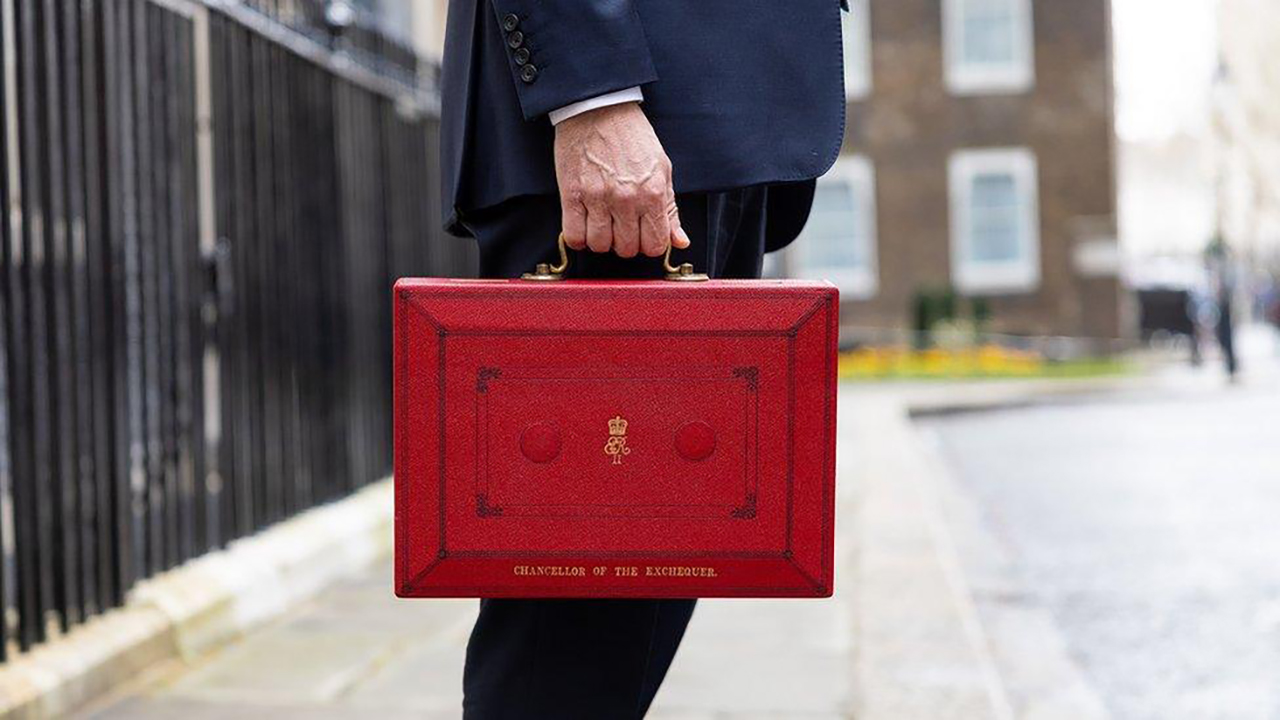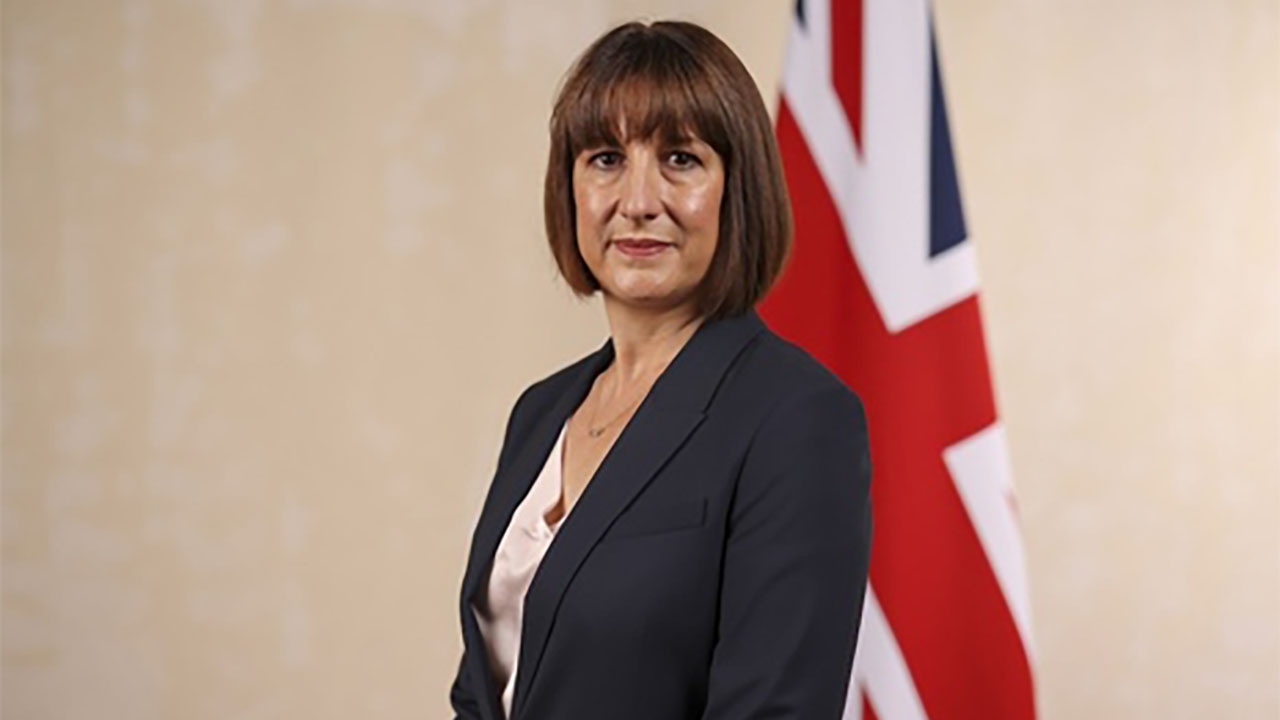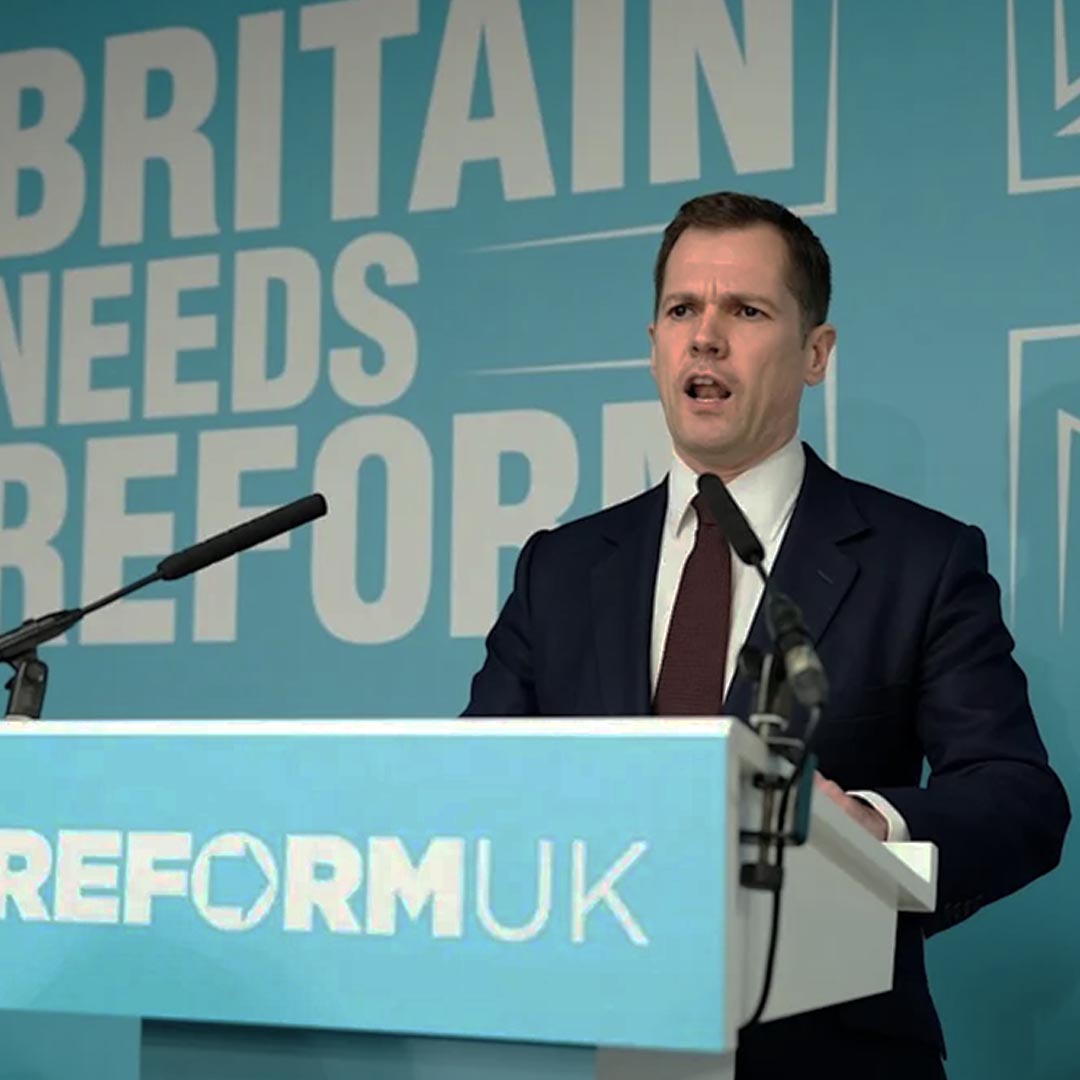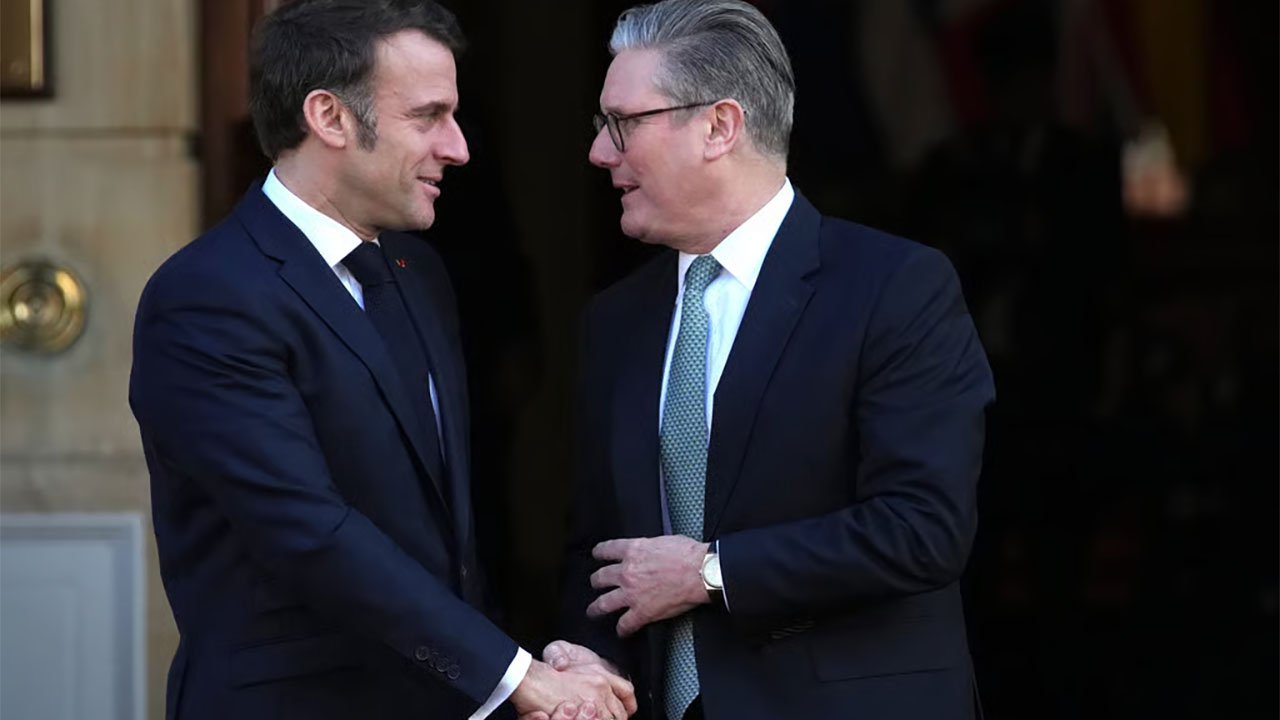Budgets matter. Tory Chancellor Geoffrey Howe’s cuts in 1981 nearly made Margaret Thatcher a one term Prime Minister. His successor, Nigel Lawson’s, budgets created the entrepreneur’s paradise of the late eighties. Gordon Brown’s big increases in public spending paved the way for Sure Start and the major refurbishment of our schools and hospitals. For better or worse, George Osborne will always be associated with massive austerity cuts in public services.
So, we come to next Wednesday when the first female Chancellor, Rachael Reeves, will present her budget. It was always going to be an important event. The first Labour budget since the late Alistair Darling’s final package in March 2010. It could have been held in an atmosphere of celebration and confidence after the huge election victory in July.
But that was nearly four months ago, a long time in politics. The rare timing of an election in July meant a long summer interval before the Chancellor could define the policies and financial framework of the new administration. That time has been filled with damaging stories about freebies, the Sue Gray affair, the cut in winter fuel allowances and a Treasury induced sense of doom about the economy. The £22bn black hole allegedly left by the Tories has now ballooned into a need to fill a £40bn gap with tax rises and spending cuts. Reeves has put extra pressure and expectation on herself. The consequence is that the risks are high for the way the government will be seen throughout its term in office.
To be fair, Ministers will point to things it has done. Ending public sector strikes, green investment, school breakfast clubs and bus/rail reform.
Wednesday’s Budget could go two ways. Reeves has done enough in Washington to calm the markets about her planned changes to Treasury rules to give herself more borrowing flexibility. Retaining international confidence will be crucial (ask Liz Truss). Business may feel the emphasis on investment and growth is worth the planned increase in workers rights and increase in National Insurance payments for employers. The public might feel the new government have inherited a mess and must be given a chance. They may then accept a continued freeze on income tax allowances. They fight feel “the broadest shoulders” should pay more Capital Gains and Inheritance Tax. With petrol prices 20p less than a year ago, they might even suck up a possible 7p a litre increase in fuel. In this benign scenario Rachel Reeves will have bought some time (not a lot) to start to deliver some tangible benefits to a country that has been successively hit by austerity, Brexit, Covid and unstable government.
On the other hand, the rocky start for Starmer’s government may have already created a cynicism in the public mood and reluctance to give Labour a chance. Business will feel the growth promises are contradicted by the government’s commitment to workers benefits, the right to work from home and do much about the drag of Brexit on the economy. People may feel that Reeves pledge not to increase taxes on working people has been breached by the freeze on the income tax bands. On employers NI increases, the pithy question might be asked, aren’t bosses workers too?
The wide but shallow support for Labour at the election and the shaky start for Starmer’s government means the stakes are very high on Wednesday.














